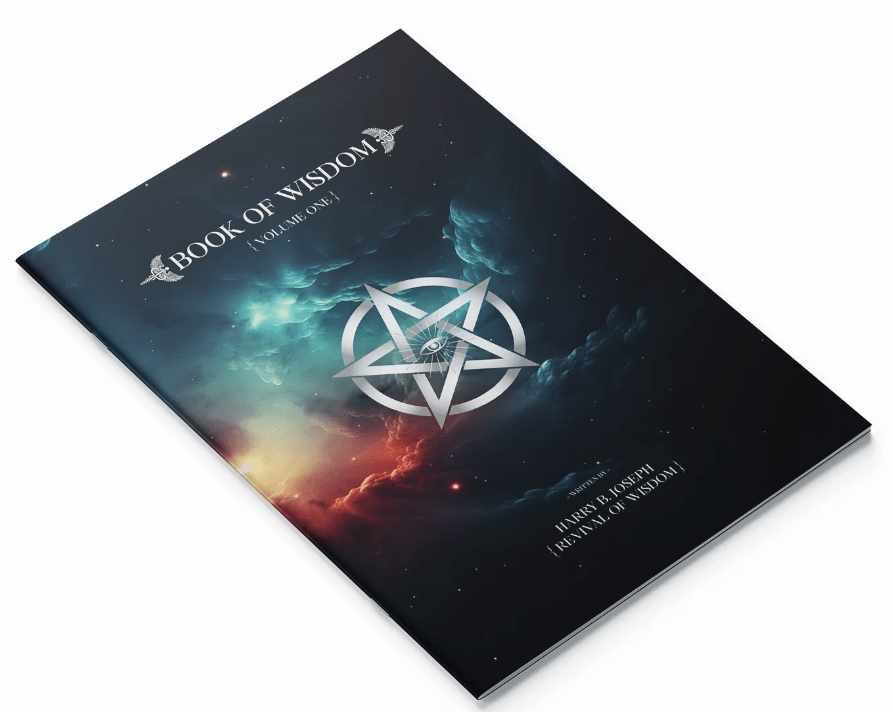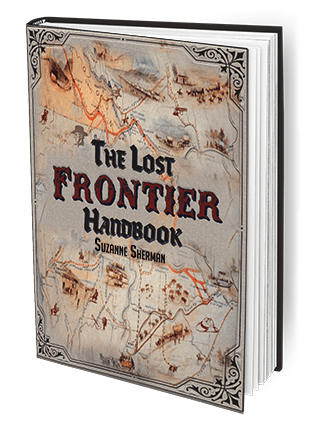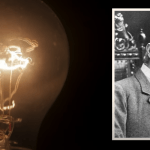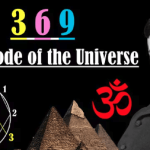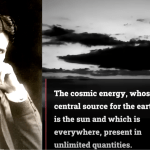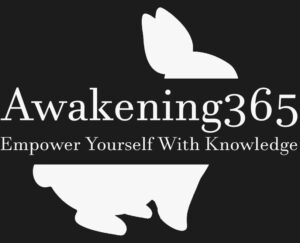In the face of world crises, humanity stands on the precipice of a new era. The Great Reset and Agenda 2030, initiatives spearheaded by the United Nations and the World Economic Forum, are not just responses to these crises, but visionary blueprints for a sustainable, equitable future.
The Great Reset is a call to action, urging us to rethink our economic systems, societal structures, and general way of life. It’s an invitation to reshape our world in a way that prioritizes sustainability and inclusivity. The initiative aims to “reset” our current systems, replacing them with ones that are more resilient, equitable, and sustainable.
Agenda 2030, on the other hand, is a comprehensive plan consisting of 17 Sustainable Development Goals (SDGs). These goals range from eradicating poverty and hunger to promoting sustainable cities and communities. The agenda is a roadmap to a future where every individual has the opportunity to thrive, and our planet is protected and preserved for generations to come.
The Great Reset and Agenda 2030 are intertwined, each reinforcing the other. The Great Reset provides the philosophical framework, while Agenda 2030 offers a practical guide to achieving this vision. Together, they represent a unified response to the challenges we face, from climate change to economic inequality.
One of the most transformative aspects of these initiatives is the shift towards a more sustainable and localized lifestyle. The concept of “15-minute cities” is a perfect example of this. In these cities, all daily needs are within a 15-minute walk or bike ride, reducing the need for cars and decreasing carbon emissions. This not only promotes sustainability but also fosters community connections and improves quality of life.
Another groundbreaking aspect is the move towards a digital economy. The introduction of central bank digital currencies and a worldwide digital ID system can revolutionize our financial systems, making them more efficient, transparent, and inclusive. While these changes raise valid concerns about privacy and control, they also offer unprecedented opportunities for economic participation and transparency.
The Great Reset and Agenda 2030 are not without their challenges and criticisms. However, they represent a bold and necessary step towards a future that is sustainable, equitable, and resilient. As we stand at the dawn of this new era, it is up to us to embrace these changes and work together to create a world that reflects our highest ideals and aspirations.
In conclusion, the Great Reset and Agenda 2030 are more than just responses to our current crises. They are visions of a new world, a world where sustainability, equity, and resilience are not just ideals, but realities. As we navigate the challenges and opportunities of this new era, let us remember that we are not just passive observers, but active participants in shaping our future.





